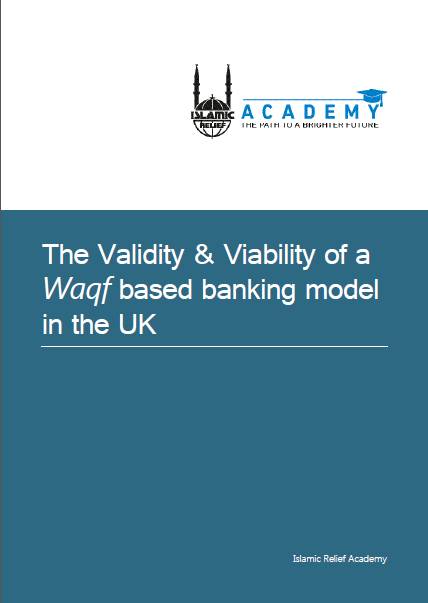
Programmes conducted by Sameen Zafar, University of Nottingham, UK.
Waqf (plural: Awqāf), is a type of charitable giving in the form of an endowment that is dedicated for the sake of God (Allah), to serve the public good. It is a mechanism that is based in Islamic tradition and has historically been widely utilised across the world as a form of ongoing charity (Sadaqah Jariyah). This has taken many forms, from the building of schools and hospitals from properties that have been designated as Waqf, through to the disbursement of funds towards community projects, earned from Waqf property rent or hire. The earliest known examples of Waqf use in the Islamic tradition date back to the time of the Prophet Muhammed pbuh , when two of his closest companions Umar and Uthman (may God be pleased with them both) were involved in charitable endowments that were used for public good, as in the case of some land in Khaybar and the Rumah well, both located in modern day Saudi Arabia. The land in Khaybar that was designated as Waqf by Umar (may God be pleased with him), was to be used for the public good and could not be bought or sold for private gain.
As a result, the land was farmed and the fruits distributed to the poor within the community. Any income generated from the land was used to pay for the freeing of slaves (as slavery still existed as an institution), and to provide for the needs of guests and travellers to the city. Similarly, the Rumah well was purchased and designated as a Waqf by Uthman (may God be pleased with him) at a time when water had become scarce and inaccessible for much the community.
Office
http://iracademy.org.uk/
Citation
Islamic Relief Academy (2015). The Validity & Viability of a Waqf based banking model in the UK, Islamic Relief Academy, Birmingham, UK.







